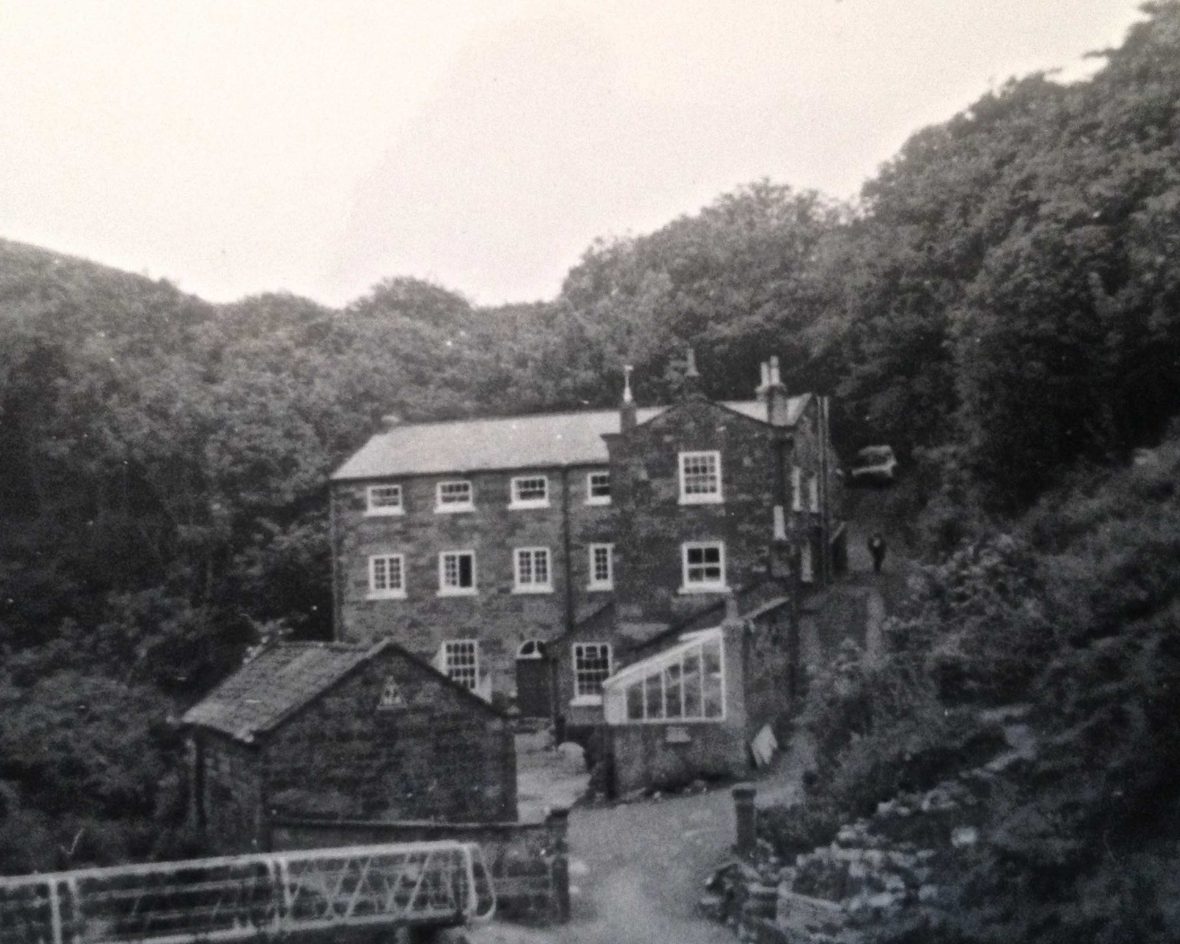Two Germans, Richard Shirrmann, a teacher, and Wilhelm Münker, a conservationist, are credited with founding the first youth hostel, in Germany, in 1912. Shirrmann had been taking his students on hiking trips, as part of the long-standing German tradition of Wanderlust, along the Rhine River, organizing temporary local accommodation along the way.
The Hungarian tourism scholar Gabriella Nagy recounts how during one particular eight-day excursion, his group got caught in a storm and were refused shelter by a farmer. Spending the night in a school, instead, Shirrmann dreamed up the idea of every village having “a friendly youth hostel”, as he later wrote, to “welcome all young Germans who loved walking”.
Several experiments later, Shirrmann opened a permanent facility in the Burg Altena, in North Rhine-Westphalia. Rooms in this 12th-century castle were furnished with triple bunk beds. You could wash and cook on-site. You could also gather in the common rooms to sing and talk and play. This system pioneered the principles of self-help and cooperation that would go on to characterize the youth hostel movement.












